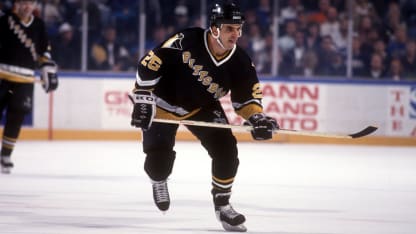"When we put Sawyer, the first one, in Barracks 22 in Taunton, one of the dads called me immediately and said, 'Kelli, I have my son back,'" she said. "He said: 'He never came out of his room. Then Sawyer came. Now he walks him five miles a day, he knows the neighbors, he's become social again, he's not depressed. He has responsibility, accountability and unconditional love.'"
